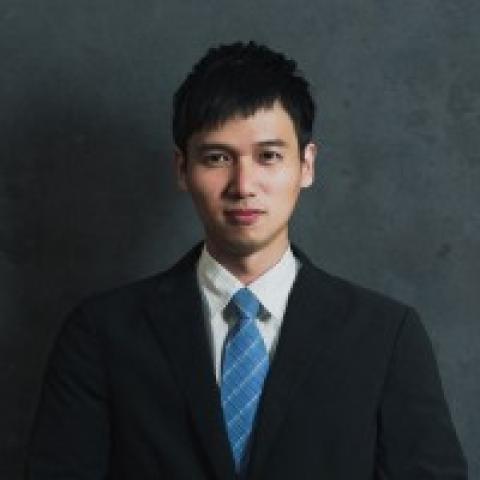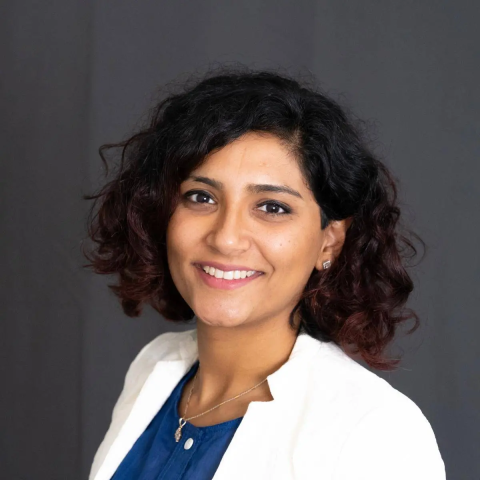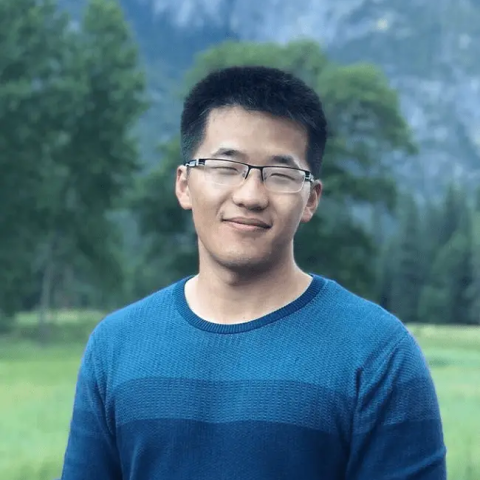Kai Wang

Kai Wang recently attained his Ph.D. in Computer Science at Harvard University where he was advised by Professor Milind Tambe. His research interests include multi-agent systems, computational game theory, machine learning and optimization, and their applications in public health and conservation. One of Wang's key technical contributions includes decision-focused learning, which integrates machine learning and optimization to strengthen learning performance; with his algorithms currently deployed assisting a non-profit in India focused on improving maternal and child health. He is the recipient of the Siebel Scholars award and the best paper runner-up award at AAAI 2021.
AI for Social ImpactData-Driven Decision MakingMulti-Agent SystemsOptimization








